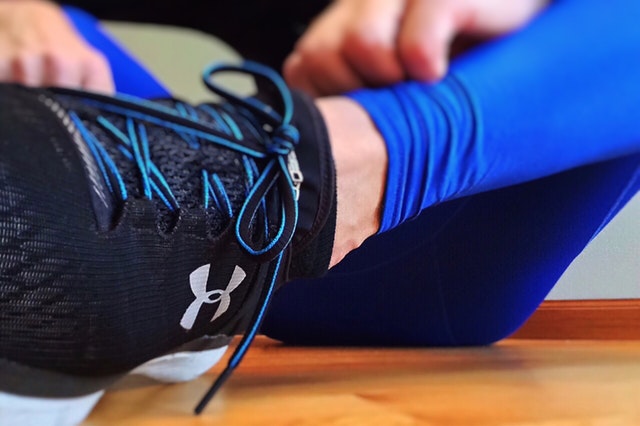When the valves and veins in your legs stop working properly and prevent blood from pumping from the legs back to your heart, you may have a condition known as Chronic Venous Insufficiency (CVI). Instead of flowing to your heart, the blood falls backwards and pools in your legs. Over time, the pressure causes damage and leads to stasis. It is estimated that over 40 percent of Americans suffer from the condition.
What are some risk factors for developing CVI?
Diseases, lifestyle choices, and genetics can play a role in why you might develop CVI. The most common risk factors are:
- Deep vein thrombosis or blood clots in the legs
- Varicose veins, especially if people in your family history have them
- Pelvic tumors
- Obesity
- Pregnancy
- Inactivity or decreased mobility due to age or other health issues
- Smoking
- Prolonged periods of standing or sitting
- Females over the age of 50
- Vascular malformations
What are the symptoms of CVI?
Because so many people may suffer from CVI, symptoms are usually mild and not life threatening or may even be unnoticeable. Some of the most common symptoms you might experience are:
- Pain
- Swelling
- Darkening of the skin
- In some cases, a sore or ulcer may develop on your leg, usually near the inside of the ankle
- Appearance of varicose veins
Visiting a Doctor for CVI
When you visit a doctor, he or she will most likely perform an ultrasound on the leg and perform a physical exam. A CT scan may also be necessary if there is severe swelling.
Treating CVI
When treating CVI, your doctor wants to prevent swelling or open sores and ulcers from occurring. The goal is to do it without requiring surgery. He or she may suggest you start by wearing compression stockings over a period of time. Vein ablation or injection may also be part of your treatment plan. If you have varicose veins, your doctor may opt to use superficial vein stripping to remove them, and if you have blood clots, your doctor may prescribe anticoagulation. In severe cases, angioplasty, surgical bypass, or stenting may be required.
If you are diagnosed with CVI, it is important to stay on top your health at all times. If you are overweight or obese, losing weight is important, as is maintaining a healthy weight. Be sure to exercise regularly and avoid sitting or standing for long periods of time. Take good care of your skin, especially in the area affected. Be sure to wear your compression stockings and following all other doctor’s orders.




